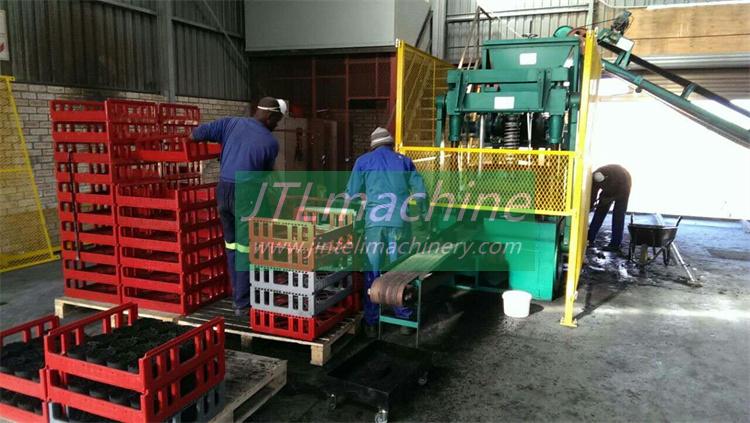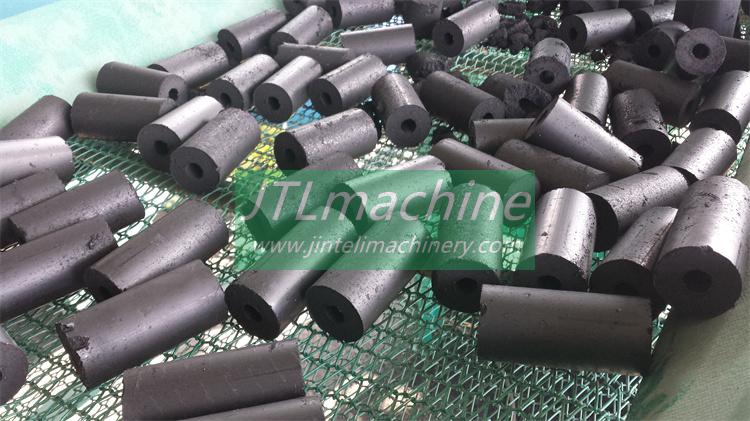Explorer la croissance de l’industrie chinoise des machines de fabrication de narguilés au charbon de bois : le point de vue d’un fabricant
Cependant, la croissance de l’industrie chinoise des machines de fabrication de narguilés au charbon de bois n’a pas été sans défis. L’une des principales préoccupations des fabricants est la nécessité de se conformer aux réglementations environnementales. Le processus de production du charbon de bois narguilé implique la combustion de bois ou de coques de noix de coco, ce qui peut contribuer à la pollution de l’air s’il n’est pas correctement géré. Pour résoudre ce problème, les fabricants adoptent de plus en plus des méthodes de production respectueuses de l’environnement et investissent dans des technologies de contrôle de la pollution.
Un autre défi est l’intensification de la concurrence, tant au niveau national qu’international. À mesure que l’industrie continue de se développer, les fabricants innovent et diversifient constamment leur offre de produits pour garder une longueur d’avance. Cela a conduit à une prolifération d’options pour les consommateurs, stimulant davantage la croissance mais augmentant également la pression sur les fabricants pour qu’ils se différencient sur un marché encombré.

Malgré ces défis, l’avenir semble prometteur pour l’industrie chinoise des machines de fabrication de narguilés au charbon de bois. Alors que le marché mondial du narguilé ne montre aucun signe de ralentissement, les fabricants sont prêts à capitaliser sur cette tendance et à étendre encore davantage leur présence sur le marché. En adoptant l’innovation, la durabilité et la qualité, les fabricants chinois sont bien placés pour maintenir leur leadership dans cette industrie florissante.
En conclusion, la croissance de l’industrie chinoise des machines de fabrication de narguilés au charbon de bois reflète les prouesses du pays en matière de fabrication et sa capacité à s’adapter à dynamique du marché en évolution. Avec une demande croissante, des progrès technologiques et un engagement envers la qualité, les fabricants chinois stimulent l’innovation et façonnent l’avenir de l’industrie mondiale du narguilé.

Another challenge is the intensifying competition both domestically and internationally. As the industry continues to expand, manufacturers are constantly innovating and diversifying their product offerings to stay ahead of the curve. This has led to a proliferation of options for consumers, driving further growth but also increasing the pressure on manufacturers to differentiate themselves in a crowded market.
Despite these challenges, the future looks promising for China’s charcoal hookah making machine industry. With the global hookah market showing no signs of slowing down, manufacturers are poised to capitalize on this trend and expand their market presence even further. By embracing innovation, sustainability, and quality, Chinese manufacturers are well-positioned to maintain their leadership in this thriving industry.
In conclusion, the growth of China’s charcoal hookah making machine industry reflects the country’s prowess in manufacturing and its ability to adapt to evolving market dynamics. With increasing demand, technological advancements, and a commitment to quality, Chinese manufacturers are driving innovation and shaping the future of the global hookah industry.






